Driving Change in Healthcare: Equitable Research in Action (ERA) Workshop Series
This series is designed to empower researchers with the knowledge and tools to incorporate Equity, Diversity, Inclusion, and Anti-Racism (EDIAR) principles into their work.
No events to show
Description
Join us for a transformative journey with the "Driving Change in Healthcare: Equitable Research in Action (ERA) Workshop Series." This series is designed to empower researchers, trainees, and research staff with the knowledge and tools to incorporate Equity, Diversity, Inclusion, and Anti-Racism (EDIAR) principles into their work. Through interactive, discussion-based sessions led by experienced facilitators and thought leaders, participants gain practical tools and strategies to build more inclusive, community-engaged, and socially accountable research environments. Attendees will have the opportunity to attend individual sessions or commit to a cohort experience, culminating in a community of practice that provides a safe space for ongoing support and collaboration.
Click here to download the flyer for this series.
Who Should Participate?
Any researchers, trainees, and research staff across disciplines – both within the Toronto Academic Health Science Network (TAHSN) and beyond – who are committed to embedding equity and inclusion in research design, fostering inclusive team culture, and strengthening community engagement.
Application Process
Application Period: November 17th – January 5th, 2026
Please note approvals will be communicated on January 7, 2026.
Program Structure
- Dates: January 2026 – May 2026
- Format: Monthly 2-hour virtual workshops held via Zoom (Zoom link will be provided to participants before the session)
- Includes live facilitation, case studies, breakout discussions, and reflection prompts
- Participation: Limited to 50 participants per session, with 30% reserved for leadership roles
- Participants may register for single sessions or commit to at least 5 of 7 sessions as part of a learning cohort (with access to a Community of Practice and certificate of completion)
- Selection Process: Interested participants must submit an expression of interest to be considered for selection.
Rates
Cohort Registration:
Regular Rate: $400
Trainee Discount: $200 with promo code ERACOH_TRAINEE*
Individual Sessions Registration:
Regular Rate: $70 per session
Trainee Discount: Please reach out to Alex Suliman (alexandria.suliman@unityhealth.to) for Individual Session discounts.*
*Please note the trainee discount code is intended for individuals currently enrolled in graduate studies (i.e., Master’s, PhD, or Post-Doc programs).
Registration
Schedule
Session 1: Critical Race Study in Research with Dr. Rai Reece
January 21, 2026 12:00 PM – 2:00 PM EST
This workshop will explore the principles of critical race study (CRS) and its application in research. Participants will examine how race intersects with systems of power and oppression, providing insights into racial disparities and social justice issues. The session will cover historical context, key concepts of CRS, and practical ways to integrate CRS into research methodologies to challenge and dismantle systemic racism.
Session 2: Intersectionality & Trauma-Informed Practice in Research with Snjezana Pruginic
February 12, 2026 12:00 PM – 2:00 PM EST
This workshop will introduce participants to the concept of intersectionality and the importance of trauma-informed practices in research. Attendees will learn to recognize and acknowledge the multiple, intersecting identities of research participants and researchers, and how these identities influence experiences and perspectives. The session will provide tools for applying a trauma-informed approach to research design and implementation, ensuring sensitive and inclusive practices.
Session 3: Inclusive Research Design with Dr. Notisha Massaquoi
March 5, 2026 12:00 PM – 2:00 PM EST
This workshop will focus on incorporating principles of diversity into research design. Participants will learn strategies to ensure the representation of diverse populations and perspectives, addressing power imbalances within the research process. Topics will include inclusive sampling methods, equitable data collection techniques, and considerations for analysis and interpretation to produce comprehensive and relevant findings for diverse communities.
Session 4: Culturally Responsive Research Practices with Dr. Penny Pasque
March 26, 2026 12:00 PM – 2:00 PM EST
In this workshop, participants will explore culturally responsive research practices that respect and reflect diverse cultural backgrounds. Attendees will gain insights into building trust and rapport with diverse communities and ensuring that research practices honor and integrate cultural contexts and values.
Session 5: Community-Based Participatory Research with Dr. Sarah Switzer & Dayan De Souza (CCBR)
April 16, 2026 12:00 PM – 2:00 PM EST
This workshop will delve into community-based participatory research (CBPR) methodologies. Participants will learn about collaborative approaches that involve community members or communities that experience marginalization. The session will highlight the importance of shared decision-making, co-creation of knowledge, and empowering communities to share their experiences and stories, ultimately leading to more impactful and relevant research outcomes.
Session 6: Unconscious Bias with Nicole Kaniki
May 7, 2026 12:00 PM – 2:00 PM EST
This workshop will explore how unconscious biases can influence various stages of the research process, including design, data collection, analysis, and interpretation. Participants will learn to identify and mitigate these biases to promote more equitable research practices. The session will include practical strategies and tools for recognizing and addressing unconscious biases, ensuring that research findings are unbiased and reflective of diverse populations.
Session 7: Spaces of Belonging: Tools for Creating Inclusive Research Environments with the Toronto Initiative for Diversity & Excellence (TIDE Toronto)
May TBD 2026 12:00 PM – 2:00 PM EST
This workshop will highlight EDIAR-related behaviors and challenges that significantly impact experiences of belonging in the research environment. The session will cover strategies for creating inclusive workspaces, fostering a sense of belonging among all team members, and addressing challenges that hinder inclusivity and equity in the research setting.
Speakers
.png)
Dr. Rai Reece
Session #1: Critical Race Study in Research
January 21, 2026
Dr. Reece is an interdisciplinary scholar whose work broadly examines how carceral logics are relationally organized by racial capitalism and white supremacy, and how carceral processes in Canada are maintained by historical and contemporary narratives of white settler colonial violence. She is an assistant professor in the Department of Sociology at Toronto Metropolitan University and has published in the areas of ‘race’ and racism, social justice, abolition, and anti-Black racism. Her teaching and research also explore how community-based ethnographic pedagogy can be a tool for social activism and a contested field of praxis. In 2007 she conducted the first research project in Canada to exclusively examine the intersections of race, incarceration, and the meaning of Canadian citizenship as it pertained to federally sentenced Black women. Dr. Reece’s work also focuses on community-based collaboration and she has conducted numerous anti-racism facilitations with municipal, provincial, and federal organizations. As the recipient of several awards, her teaching and research center liberatory anti-colonial and anti-racist pedagogies as a way to deeply reflect and hold space for personal, interpersonal, and collective care for ourselves and our communities. She is a previous board member of the Black Coalition for AIDS Prevention (BCAP) and is the Chair of the Board of Directors for the HIV Legal Network (HLN).
.png)
Dr. Snjezana Pruginic
Session #2: Intersectionality and Trauma-Informed Practice in Research
February 12, 2026
Snjezana's background and work as a community builder, social justice advocate, somatic trauma therapist, and consultant has given her deep insight into the challenges faced by diverse communities, including those impacted by systemic barriers, violence, war, and incarceration. These experiences of working with communities experiencing barriers, systemic oppressions, and trauma has led to her pioneering well-being, restorative justice, and peace-building programs in Eastern Europe, South America, and North America.
Inspired by her experience in private practice, where many clients' primary stressor was their workplace, Snjezana transitioned to adapting her learnings into strategies for healthier, more collaborative work environments.
As both a trainer and consultant, Snjezana has worked with a diverse range of clients to enhance their social impact and foster a positive organizational culture. Her clients include municipalities, academic institutions, corporations, startups, venture capital firms, founders, and nonprofits. She also has extensive leadership and frontline experience in the care-centered and social service sectors, which deeply informs her consulting approach.
Recognized for her dynamic and engaging speaking style, Snjezana is a sought-after facilitator who champions participatory action and collective knowledge building. She delivers impactful training on topics such as trauma-informed care, equity, emotional intelligence, generative conflict, crisis response, and systemic well-being.
.png)
Dr. Notisha Massaquoi
Session #3: Inclusive Research Design
March 5, 2026
Dr. Notisha Massaquoi is an Assistant Professor in Health Education and Promotion at the University of Toronto Scarborough Campus and holds a cross-appointment to the Factor-Inwentash Faculty of Social Work. She earned her BA in Psychology from Western University, an MSW from FIFSW, and a PhD in Social Justice Education from OISE. Her research, particularly during her time as a Provost Post-Doctoral Research Fellow, focuses on violence as a determinant of health in Black communities, emphasizing health services for survivors of homicide victims in Canada.
Dr. Massaquoi is also the founder and director of the Black Health Equity Lab (The BHEL) which conducts community-based health research and works with Black communities to develop advocacy tools, strategies and programs to improve health outcomes, wellbeing and success in Canadian systems. Earlier in her career, she founded several organizations serving Black communities, including Africans in Partnership Against AIDS and TAIBU Community Health Centre. She also served as the Executive Director of Women’s Health in Women’s Hands Community Health Centre in Toronto, providing specialized healthcare for Black and racialized women.
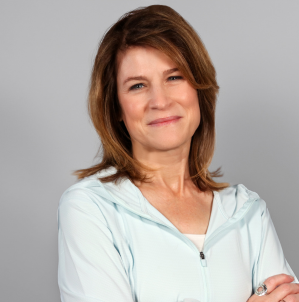
Dr. Penny Pasque
Session #4: Culturally Responsive Research Practices
March 26, 2026
Penny A. Pasque is a professor in Educational Studies and director of both the QualLab and Qualitative Methods in the Office of Research, Innovation, and Collaboration at the College of Education and Human Ecology. She also edits The Review of Higher Education, considered one of the leading research journals in the field and is the official journal of the Association for the Study of Higher Education. Recognized as a Senior Scholar and Diamond Honoree by the American College Personnel Association, Dr. Pasque is a prominent qualitative researcher with over 100 journal articles and books. She uses qualitative methodologies in her research, studies (post)qualitative methodologies & methods, and teaches scholars across fields & disciplines about the various qualitative approaches at their disposal for research that works toward social justice and equity. Her work on Critical Advocacy Inquiry (with Carducci) is becoming an important new approach that connects both critical and transformative/participatory paradigmatic approaches. She explores issues in American higher education, leadership, and policy, particularly how public institutions serve the public good and how minoritized groups are marginalized in policy discussions. Her work has influenced policy changes in the US and abroad.
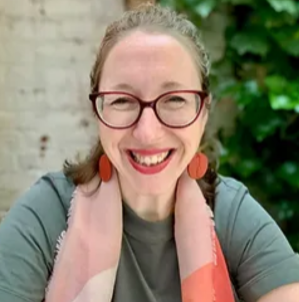
Dr. Sarah Switzer
Session #5: Community-Based Participatory Research
April 16, 2026
Sarah Switzer is an adult educator, interdisciplinary scholar, and community-based participatory researcher with 20 years of experience in social change and health equity. She focuses on collaborative, imaginative, and equitable approaches to social justice, conducting research in partnership with communities and organizations. As an arts-based researcher, her toolkit often contains a cellphone or camera, flip-chart markers, a bag of lego blocks, glue sticks, a vial of glitter, and an expired box of tick-tacks (or other fun objects). She works collaboratively with communities and multi-stakeholder teams to co-create podcasts, photography exhibits, installations, digital storytelling screenings, written articles, curriculum, trainings, and more. Her lived experiences as a white, cis, queer settler, with an invisible disability has motivated her desire to co-design and co-imagine participatory spaces with accessibility, anti-racism and social justice at the centre.
In the summer of 2021, Sarah joined the CCBR team as a senior researcher. Inspired by past front-line experience working at the intersections of community arts, peer programming, and HIV and Harm Reduction, her larger program of research focuses on how to meaningfully engage communities who experience marginalization in program or policy change within the HIV and Harm Reduction sector, as well as other fields concerned with health equity.
She has published in the fields of: participatory visual methodologies; community-based participatory research; harm reduction and HIV/AIDS; youth engagement; creative knowledge translation and co-design; participatory research ethics; and the critical study of participation and engagement.
Sarah spends her free time hiking, gardening, creative writing and cycling. She lives in Tkaronto (Toronto), as covered by Treaty 13 with her partner.
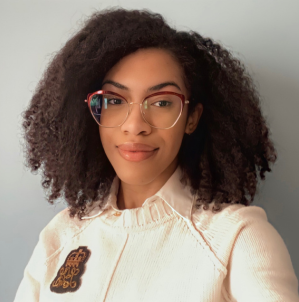
Dayan De Souza
Session #5: Community-Based Participatory Research
April 16, 2026
Dayan is passionate about building equitable communities, policy and research, and affordable housing. During her master’s, her research focused on addressing inequities related to accessing housing, homelessness, and poverty reduction. This work was complimented by an undergraduate degree in Urban and Regional Planning at Toronto Metropolitan University. Dayan's commitment to creating positive change is reflected in her previous work as an intern at the Toronto Community Housing Corporation. She contributed to their anti-Black racism strategy and worked to improve conditions for Black tenants and staff. These experiences developed her deep understanding of the importance of community-based research in advancing equitable communities and collaborations.
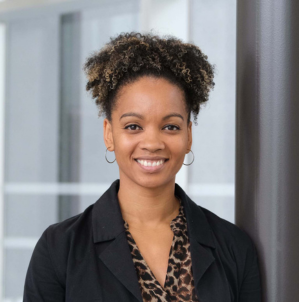
Dr. Nicole Kaniki
Session #6: Unconscious Bias
May 7, 2026
Dr. Nicole Kaniki is a research methodologist with equity, diversity, and inclusion (EDI) expertise skilled in strategic implementation of organizational EDI that is meaningful, intentional and sustainable. She is committed to EDI that engages community and allows the work to be informed by underrepresented groups through trust building in all aspects of organizational processes.
Nicole has extensive experience in leadership roles focusing on people first consulting, designing evaluations and metrics for organizations, and facilitation education and training opportunities and resources for clients.
Event Details
Recommended Events
-
 2MarThis workshop engages participants in reflective activities and discussions about desirable and undesirable professional behaviours and the bi-directional relationships that exist between these behaviours, healthcare professional wellness, and the creation of psychologically and culturally safe environments.
2MarThis workshop engages participants in reflective activities and discussions about desirable and undesirable professional behaviours and the bi-directional relationships that exist between these behaviours, healthcare professional wellness, and the creation of psychologically and culturally safe environments. -
 9MarTeaching for Transformation is a three day immersion in the education paradigms and practices needed for today's health care work.
9MarTeaching for Transformation is a three day immersion in the education paradigms and practices needed for today's health care work. -
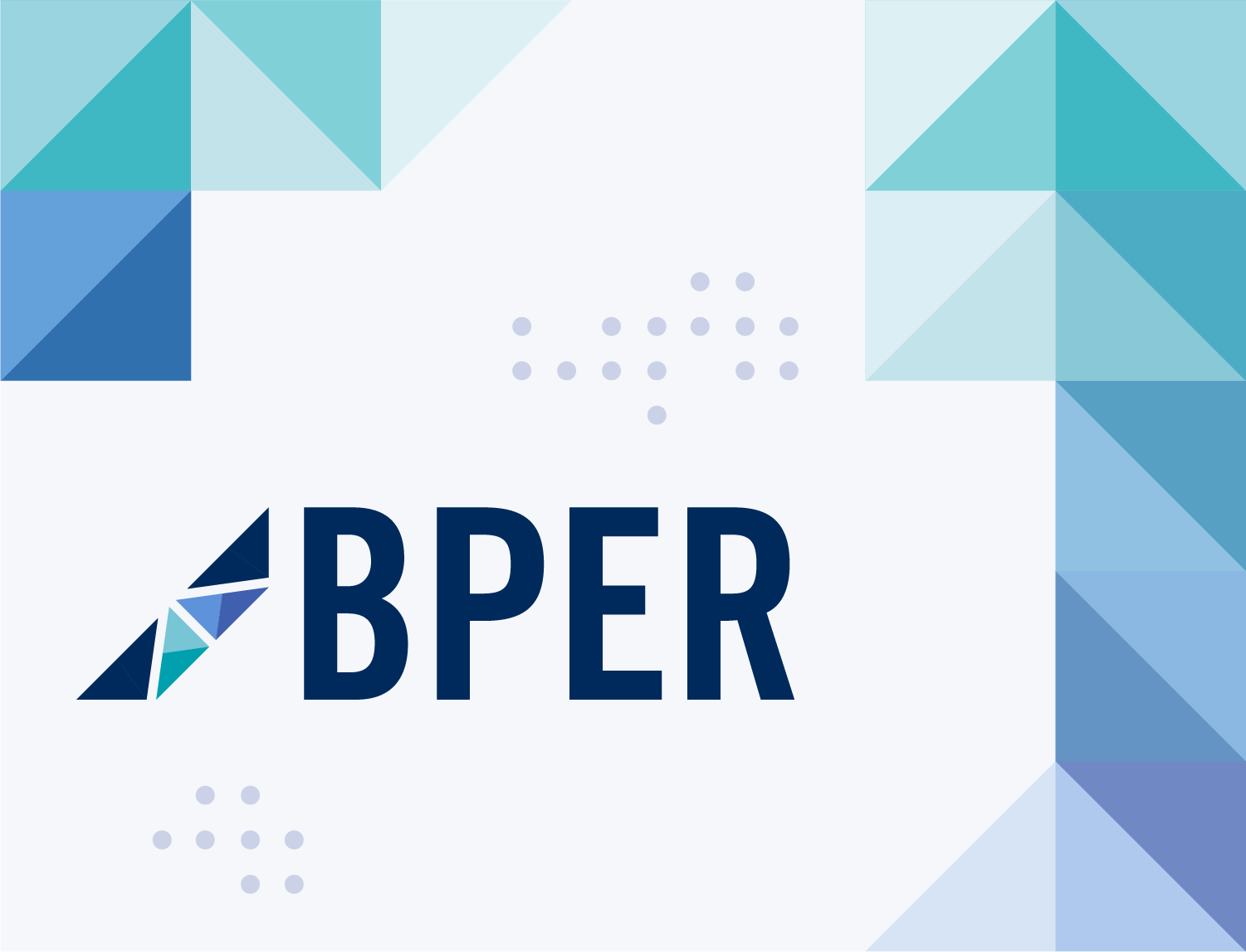 10MarLeadership in medicine is often framed in terms of skills and competencies. Yet many of the challenges clinicians face require something deeper: character. This session introduces character-based leadership as a complementary and necessary lens for understanding leadership in health professions education and clinical practice.
10MarLeadership in medicine is often framed in terms of skills and competencies. Yet many of the challenges clinicians face require something deeper: character. This session introduces character-based leadership as a complementary and necessary lens for understanding leadership in health professions education and clinical practice.
